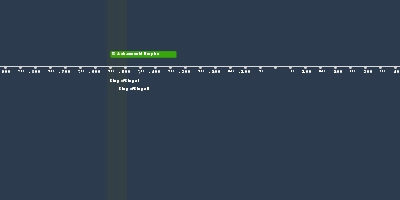jan 1, 399 BC - The Trial and Execution of Socrates
Description:
The trial of Socrates (399 BC) was held to determine the philosopher’s guilt of two charges: asebeia (impiety) against the pantheon of Athens, and corruption of the youth of the city-state; the accusers cited two impious acts by Socrates: "failing to acknowledge the gods that the city acknowledges" and "introducing new deities".The death sentence of Socrates was the legal consequence of asking politico-philosophic questions of his students, which resulted in the two accusations of moral corruption and impiety. At trial, the majority of the dikasts (male-citizen jurors chosen by lot) voted to convict him of the two charges; then, consistent with common legal practice voted to determine his punishment and agreed to a sentence of death to be executed by Socrates’s drinking a poisonous beverage of hemlock.
Added to timeline:
Date:
jan 1, 399 BC
Now
~ 2426 years ago
